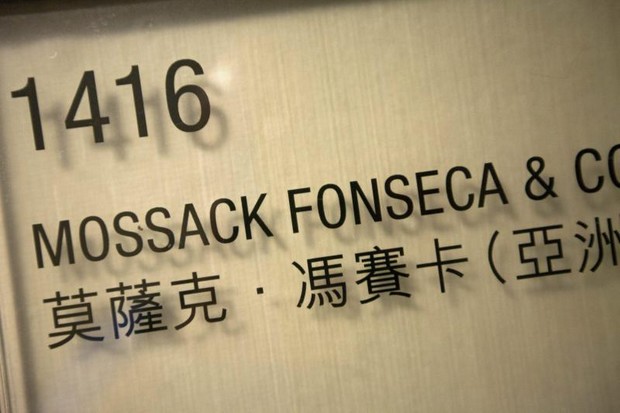
The recent leak of data from Panama-based law firm Mossack Fonseca that exposed some world leaders for owning offshore entities showed tax dodgers are at greater risk of being caught.
Documents relating to 214,000 offshore entities covering almost 40 years were leaked last week, with at least 16 residents in Thailand allegedly listed in the Panama Papers. The firm was accused in the media of providing legal consultancy for people wanting to avoid taxes and launder money.
Back in 2013, the International Consortium of Investigative Journalists leaked a database of offshore holdings that included 719 individuals living in Thailand, including 411 Thai nationals, 262 foreigners and 46 juristic persons that had registered offshore holdings.
A local tax expert who requested anonymity said the upside of the Panama Papers is "nothing is secret", saying it is time for Thailand to pass a law requiring information exchange with other countries.
"Such a law would force banks and financial institutes who act as middlemen to report to the government their clients' information." said the source. This law would enable information sharing with countries where the wealthy park their money to avoid paying taxes, especially data about complicated transactions that are difficult to understand.
- Hong Kong: Hub of hot money
- EDITORIAL: Chase down the tax cheats
Many developed countries have an Exchange of Information Act, with a special unit assigned to handle tax evasion. The UK's unit links tax databases with those in other countries to inspect British expats' tax payment. Australia has an intelligence team of tax experts who chase international transactions meant to avoid taxation.

The Thai government said while the Panama Papers might show possible wrongdoing such as money laundering and tax evasion, using offshore companies is a normal and legal business practice.
"I don't want the public to jump to the conclusion they did something wrong, as there are many reasons people set up these entities," said Prasong Poontaneat, director-general of the Revenue Department.
The department does not have efficient tools to track Thais' assets in foreign lands, but Thai taxpayers are required to disclose such assets by law. "If other entities own their assets as proxies to evade taxation, how can we prove it?" he said.
Finance Minister Apisak Tantiworavong said: "If you want to buy out a business in the US, instead of using a Thai entity for the transaction, you can use a new company in a tax haven to avoid tax payment for the income from that business in the US, as these countries waive tax for foreign-owned companies."
But the matter requires further investigation as to whether it is illegal, he said. Ministry officials are studying tax treaties with other countries to see if they can cooperate on information sharing.
"We are waiting for the Anti-Money Laundering Office [Amlo] to work out the details on whether there were any illegal transactions," said Mr Apisak.

Seehanart Prayoonrat, secretary-general of the Anti-Money Laundering Office, is chasing details of 16 Thais he believes are enmeshed in the Panama Papers leak. (AP photo)
Amlo secretary-general Pol Col Seehanat Prayoonrat said any state official found to have offshore holdings linked to the Panama Papers will be reported to the National Anti-Corruption Commission for further action.
"Using an offshore company is a normal business practice done all over the world to keep costs as low as possible. But as to whether it is moral ... I would say that depends on each country to determine," said Pol Col Seehanat.
Some businessmen have come out publicly after their names were floated as being on the lists, such as Isara Vongkusolkit, the Thai Chamber of Commerce chairman. He denied knowing anything about the matter or Mossack Fonseca, wondering how his name got on the lists.
Mr Isara said offshore holdings were necessary for transnational business as Thailand's regulations restricted bringing in profits from overseas businesses back into the country. Banyong Pongpanich agreed, as the chairman of Phatra Capital and a member of the State Enterprises Policy Commission posted a message on Facebook addressing his name appearing on the list and defending the business practice of offshore holdings.
